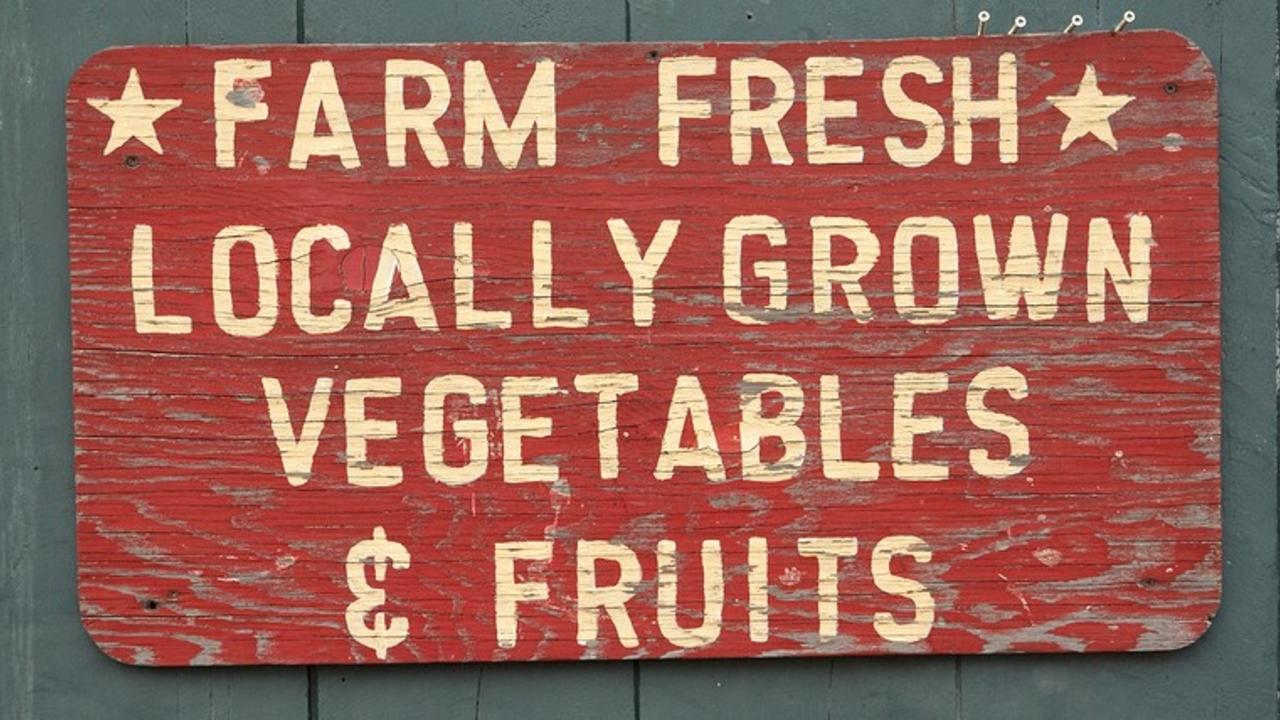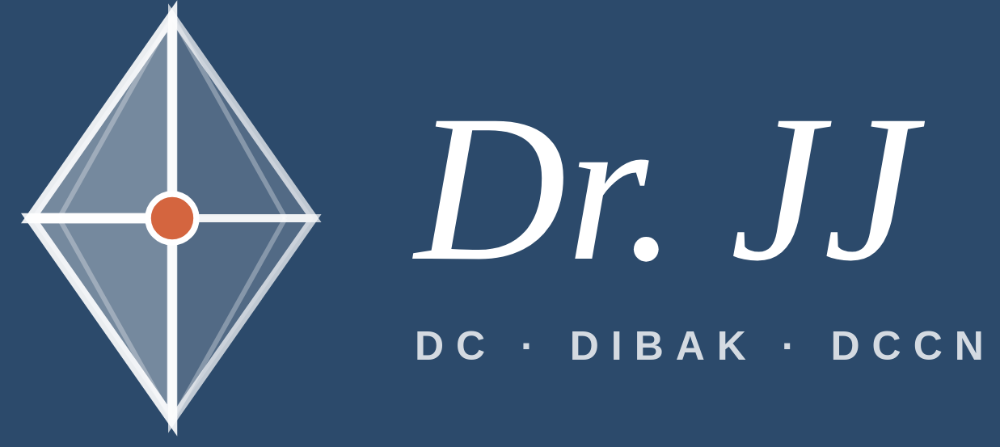Eat Locally and Ancestrally

Eat Local to Improve Your Health and the Environment
Dr. J. J. Gregor DC
One of the main tenants of the Ancestral Diet (Paleo or Primal) is to eat locally. As we were 'growing up' as a species, before the advent of agriculture, we could only eat what we could find growing wild or what we could hunt. Hence, we were hunter-gatherers. We did this for around 200,000 years.
Not to eat locally means that our genes are designed to eat a variety food that can be walked to in less than a day. Unfortunately, today our diets can't be considered local. In fact, they are far from local. The average distance an American meal travels from farm to fork is about 1500 miles!
This is the distance from my office here in Dallas, TX to Boston, MA. There are significant problems with this in regards to the freshness of the food. Usually, it takes three to five days after harvest to get to your local grocery store, so these foods were harvested five to ten days before they were ripe or when our ancestors would have eaten them.
These last few days of ripening on the "vine" are crucial for the vegetable or fruit when some of the last and best nutrients are concentrated. And we haven't even mentioned that growing seasons, climate and even the types of agriculture are significantly different over these 1500 miles.
There are also major drawbacks from the massive distance the food travels, the increased consumption of fossil fuel, generation of carbon dioxide emissions (some more polluting than others), and sacrifice of quality of the product.
The increase in the "Eat Local" movement has made it unnecessary for this much 'traveling' of our food. We can eat locally and seasonally, with relatively no sacrifices to our lifestyle. In fact, it may be the only way that we can move modern culture to a sustainable way of life.
I am lucky to live in North Texas, and thanks to the wealth of farmer’s markets and food co-ops that have popped up (all over the country, actually) it's becoming very easy to eat locally. There is even a Guild that produces zip code, specific honey. They have a dozen properties around town where they raise their bees. Their raw, unfiltered honey provides a local element and is a great benefit to your system and allergy relief.
Better health isn't the only benefit that we'll get if we eat locally. There are actually many advantages, one of them being the fulfilling experience of getting your hands' dirty planting and growing your food as we are losing our connections to the land. And it is an exciting experience to shake the hands of the people who grew your food, especially if it was right around the corner.
Take a look at a couple of very informative articles - one about cultivating a healthy food system, and the other, eat local, save energy. Here's a site that will whet your appetite and encourage you to walk - around the corner for your food! Check out Edible Dallas for 24 local farmer’s markets located in Dallas, Richardson, McKinney, Frisco, Rockwall, Keller, Grand Prairie, Grapevine, Prosper, Denton, Arlington, Balch Springs, Ft. Worth, Waxahachie, and Coppell.
Some are open only on weekends, some all week-long. You can find fresh produce, nuts, eggs and meats to compliment your paleo menu. If you’re interested in joining a food co-op, check out Urban Acres, Eden Co-Op, or Cross Timbers Food Cooperative. No matter where you live, on the U.S. Department of Agriculture’s National Farmer’s Market Directory site you’ll find thousands of markets all across the land with an abundance of fresh food.
For example, the list shows 822 markets in California, about 650 in Florida, almost as many in New York, and several hundred across the state of Texas. It were growing every day and was just updated this month. So there are no excuses to not eat locally. There is also a ton of great info on sustainabletable.org; it's an amazing site about the sustainable food movement.
Stay connected with news and updates!
Join our mailing list to receive the latest news and updates from our team.
Don't worry, your information will not be shared.

